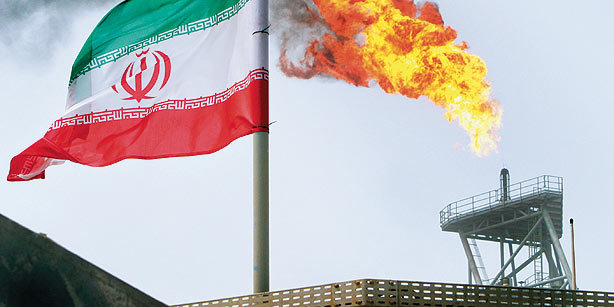Norway’s Hemla Vantage closes in on $600m Iran gas joint venture

A Norwegian oil and gas company is closing in on a $600 million contract with an Iranian petrochemical group for one of the first major gas deals since international sanctions were lifted.
The contract will be a joint venture between Hemla Vantage and the Kharg Petrochemical Company, a quasi-privately-owned company, to produce and export liquefied national gas and liquefied petroleum gas by 2017.
“Hemla will secure debt financing and will be 50/50 equity partners with KPC/KGRC [the latter is a sister company of the former],” said Gerhard Ludvigsen, a founding member of Hemla group and director of Hemla Vantage.
“We are inspired that Iran really wants to shift from a traditional player to a modern player. Nobody would believe that Iran could be the first in the world to produce LNG from a floating production vessel (FLNG) in 2017,” he added.
The joint venture will purchase 200 million standard cubic feet of flared gas from offshore oilfields near Kharg Island over a period of up to 15 years. In its first phase, the site is projected to produce 500 metric tons of LNG and 200 tons of LPG per year. The FLNG barge, produced in China and ready to be shipped to reach Kharg Island by October, will be leased from Exmar, a Belgian company.
Hemla Vantage said that financing the new project will not be a problem, despite international banks being wary of doing business with Iran. Sanctions against the state were removed under the nuclear agreement which came into effect earlier this year.
Iran and Kharg Island have a lot of facilities including jetties, pipelines and storage which make projects much easier and economically justifiable, Mr Ludvigsen said.
He added that European banks, including German institutions, are ready to finance the project showing “that banks are opening up and are now being positive to engage with Iran”.
However, he did not know when exactly the contract will be signed.
Iran is pushing hard to regain its position as a global energy supplier, ramping up production and exports of oil since the start of the year and re-establishing relationships with former customers.
(Source: Financial Times)
